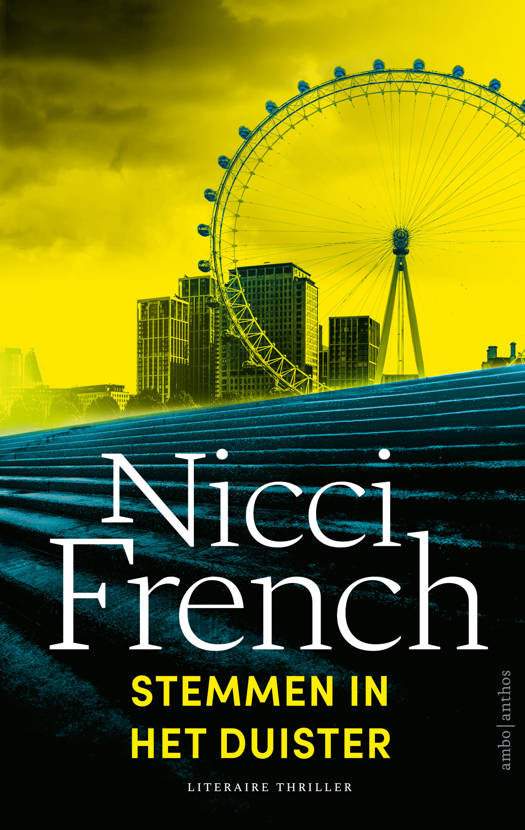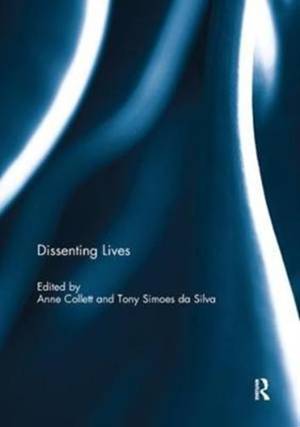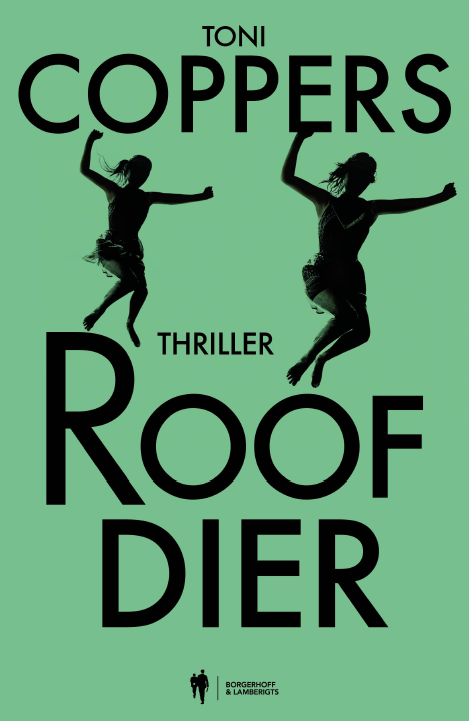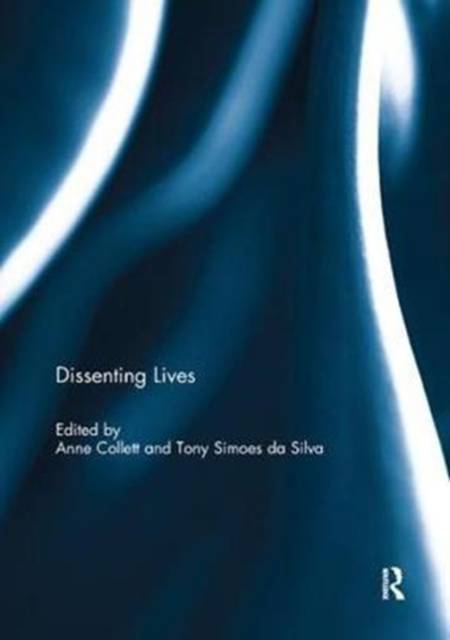
- Afhalen na 1 uur in een winkel met voorraad
- Gratis thuislevering in België vanaf € 30
- Ruim aanbod met 7 miljoen producten
- Afhalen na 1 uur in een winkel met voorraad
- Gratis thuislevering in België vanaf € 30
- Ruim aanbod met 7 miljoen producten
Omschrijving
This collection brings together a series of essays that combine the public and private nature of dissent, stories of dissent that encapsulate the mood of an historical or cultural period, or of a society. Dissent is most memorable when it is public, explosive, dramatically enacted. Yet quiet dissent is no less effective as a methodical unstitching of social and political mores, rules and regulations. Success depends, perhaps, less on intensity than on determination, on patience as much as courage. Moreover, although many persistent dissenters often gain an iconic status, most live dissent in the fabric of their ordinary lives. Some combine both. Imprisoned at Robben Island for 27 years, his image and voice erased from the print media or airwaves, Nelson Mandela remained even in jail one of the most powerful agents of dissent in South African society until his freedom in 1990. Deep connections, deep commitment, profoundly personal convictions and courageous public dissent are some of the threads that bind together this diverse and exciting collection of essays. Alone, each essay explores dissent and consent in stimulating and distinct ways; together, they speak both of the effects of dissent and consent and of their affective energies and potential.
This book was originally published as a special issue of Life Writing.
Specificaties
Betrokkenen
- Uitgeverij:
Inhoud
- Aantal bladzijden:
- 116
- Taal:
- Engels
- Reeks:
Eigenschappen
- Productcode (EAN):
- 9781138057241
- Verschijningsdatum:
- 24/05/2017
- Uitvoering:
- Paperback
- Bestandsformaat:
- Trade paperback (VS)
- Afmetingen:
- 175 mm x 246 mm
- Gewicht:
- 225 g

Alleen bij Standaard Boekhandel
Beoordelingen
We publiceren alleen reviews die voldoen aan de voorwaarden voor reviews. Bekijk onze voorwaarden voor reviews.












